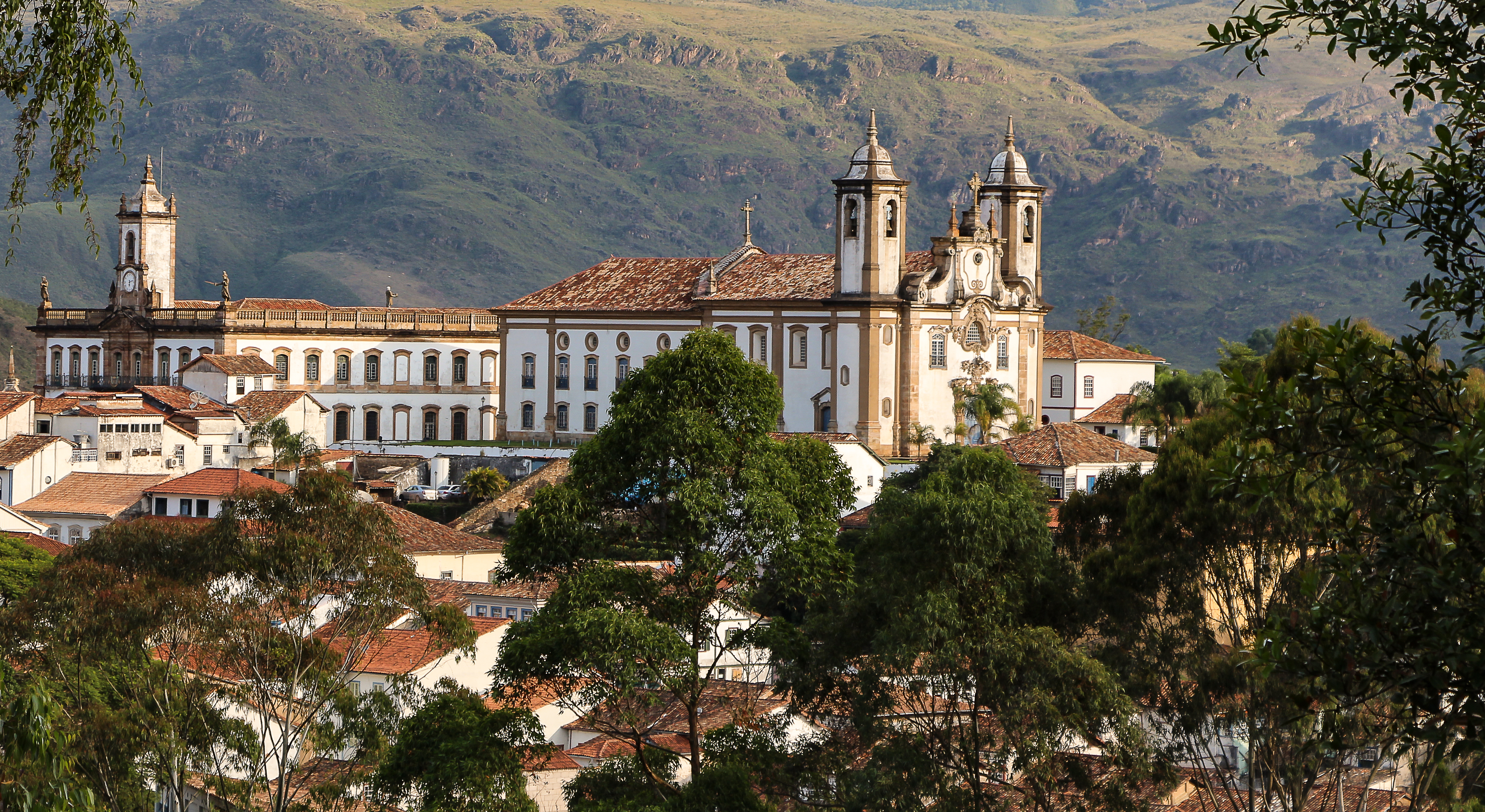|
Gonzalo Baz
Gonzalo Baz (born 1985) is an Uruguayan writer and publisher. He was born in Montevideo Montevideo () is the Capital city, capital and List of cities in Uruguay, largest city of Uruguay. According to the 2011 census, the city proper has a population of 1,319,108 (about one-third of the country's total population) in an area of . M .... He runs the publishing house Pez en el Hielo and is a member of the Sancocho collective of independent artists and publishers. He has published two works of fiction till date: * ''Animales que vuelven'' (Returning animals, Pez en el Hielo), winner of the 2018 Ópera Prima Award from the Uruguayan Ministry of Education * ''Los pasajes comunes'' (The common passages, Criatura Editora, 2020), his debut novel Baz is also a translator of Brazilian literature into Spanish. In 2021, he was named by '' Granta'' magazine as one of the best young writers in the Spanish language. References category:Uruguayan writers Living people 1985 births< ... [...More Info...] [...Related Items...] OR: [Wikipedia] [Google] [Baidu] |
Uruguayan
Uruguay (; ), officially the Oriental Republic of Uruguay ( es, República Oriental del Uruguay), is a country in South America. It shares borders with Argentina to its west and southwest and Brazil to its north and northeast; while bordering the Río de la Plata to the south and the Atlantic Ocean to the southeast. It is part of the Southern Cone region of South America. Uruguay covers an area of approximately and has a population of an estimated 3.4 million, of whom around 2 million live in the metropolitan area of its capital and largest city, Montevideo. The area that became Uruguay was first inhabited by groups of hunter–gatherers 13,000 years ago. The predominant tribe at the moment of the arrival of Europeans was the Charrúa people, when the Portuguese first established Colónia do Sacramento in 1680; Uruguay was colonized by Europeans late relative to neighboring countries. The Spanish founded Montevideo as a military stronghold in the early 18th century ... [...More Info...] [...Related Items...] OR: [Wikipedia] [Google] [Baidu] |
El País (Uruguay)
''El País'' is a Uruguayan newspaper, first published on September 14, 1918, and distributed nationwide. It previously belonged to the same media group as the television channel Teledoce. Its website is ranked 6th in Uruguay according to Alexa. Its circulation is verified by the Argentine institution IVC. History Established in Montevideo, ''El País'' was originally edited by Leonel Aguirre, Eduardo Rodríguez Larreta and Washington Beltrán Barbat. Begun as a political newspaper devoted to the National Party, it later developed into a general interest newspaper. For decades, ''El País'' has been among the leading written media in Uruguay, with a circulation of 65,000 on weekdays and 100,000 on Sundays. Its editorial focus is on the social, political and economic news of Uruguay, as well as the Mercosur regional trade alliance. Awards From 1991 to 2012 ''El País'' had been awarding the prize "El País King of European Soccer" for the best footballer in Europe. The fir ... [...More Info...] [...Related Items...] OR: [Wikipedia] [Google] [Baidu] |
Montevideo
Montevideo () is the Capital city, capital and List of cities in Uruguay, largest city of Uruguay. According to the 2011 census, the city proper has a population of 1,319,108 (about one-third of the country's total population) in an area of . Montevideo is situated on the southern coast of the country, on the northeastern bank of the Río de la Plata. The city was established in 1724 by a Spanish soldier, Bruno Mauricio de Zabala, as a strategic move amidst the Spanish people, Spanish-Portuguese people, Portuguese dispute over the La Plata Basin, platine region. It was also under brief British invasions of the Río de la Plata, British rule in 1807, but eventually the city was retaken by Spanish criollos who defeated the British invasions of the River Plate. Montevideo is the seat of the administrative headquarters of Mercosur and ALADI, Latin America's leading trade blocs, a position that entailed comparisons to the role of Brussels in Europe. The 2019 Mercer's report on qual ... [...More Info...] [...Related Items...] OR: [Wikipedia] [Google] [Baidu] |
Pez En El Hielo
Pez (, ; stylised as PEZ) is the brand name of an Austrian candy and associated manual candy dispensers. The candy is a pressed, dry, straight-edged, curved-corner block 15 mm ( inch) long, 8 mm ( inch) wide and 5 mm ( inch) high, with each Pez dispenser holding 12 candy pieces. Pez was invented in Austria and later exported worldwide. The all-uppercase spelling of the logo echoes the trademark's style on the packaging and the dispensers, with the logo drawn in perspective and giving the appearance that the letters are built out of 44 brick-like Pez mints (14 bricks in the ''P'' and 15 in each of the ''E'' and ''Z''). Despite the widespread recognition and popularity of the Pez dispenser, the company considers itself to be primarily a candy company, and " day, billions of PEZ candies are consumed annually in the U.S.A. alone". Pez dispensers are a part of popular culture in many nations, an example being "Soul Candy" in the Japanese manga serie ... [...More Info...] [...Related Items...] OR: [Wikipedia] [Google] [Baidu] |
Sancocho
Sancocho (from the Spanish verb ''sancochar'', "to parboil") is a traditional soup in several Latin American cuisines. Variations represent popular national dishes in Dominican Republic, Colombia, Cuba, Honduras, Ecuador, Panama, Puerto Rico, Trinidad and Tobago, and Venezuela. It usually consists of large pieces of meat, tubers and vegetables served in a broth. Variations In Puerto Rico, sancocho is considered a fairly rustic dish. It is made with chicken and smoked ham (sancocho de gallina), top round beef (sancocho), pork feet with chickpeas (sancocho de patitas), beef short ribs with chorizo, or fish, shellfish and salted cod cooked in coconut milk and ginger with rice dumplings (caldo santo). There are several versions and every household has their own take on sancocho, but a true Puerto Rican sancocho always calls for corn on the cob, a variety of tubers, squash, green bananas, and meat. The hearty stew is served with a small bowl of rice, pique criollo, tostones, and ... [...More Info...] [...Related Items...] OR: [Wikipedia] [Google] [Baidu] |
Brazilian Literature
Brazilian literature is the literature written in the Portuguese language by Brazilians or in Brazil, including works written prior to the country's independence in 1822. Throughout its early years, literature from Brazil followed the literary trends of Portugal, whereas gradually shifting to a different and authentic writing style in the course of the 19th and 20th centuries, in the search for truly Brazilian themes and use of Brazilian forms. Portuguese is a Romance language and the sole official language of Brazil. Lyrically, the poet Olavo Bilac, named it " ''(...) desconhecida e obscura./ Tuba de alto clangor, lira singela,/ Que tens o trom e o silvo da procela,/ E o arrolo da saudade e da ternura!'' ", which roughly translates as "(...) unknown and obscure,/ Tuba of high blare, delicate lyre,/ That holds the frill and the hiss of the tempest/ And the singing of the saudade and of the tenderness!" Brazil's most significant literary award is the Camões Prize, which it share ... [...More Info...] [...Related Items...] OR: [Wikipedia] [Google] [Baidu] |
Granta
''Granta'' is a literary magazine and publisher in the United Kingdom whose mission centres on its "belief in the power and urgency of the story, both in fiction and non-fiction, and the story’s supreme ability to describe, illuminate and make real." In 2007, ''The Observer'' stated: "In its blend of memoirs and photojournalism, and in its championing of contemporary realist fiction, ''Granta'' has its face pressed firmly against the window, determined to witness the world." Granta has published twenty-seven laureates of the Nobel Prize in Literature. Literature published by Granta regularly win prizes such as the Forward Prize, T. S. Eliot Prize, Pushcart Prize and more. History ''Granta'' was founded in 1889 by students at Cambridge University as ''The Granta'', edited by R. C. Lehmann (who later became a major contributor to ''Punch''). It was started as a periodical featuring student politics, badinage and literary efforts. The title was taken from the medieval name ... [...More Info...] [...Related Items...] OR: [Wikipedia] [Google] [Baidu] |
Uruguayan Writers
Uruguay (; ), officially the Oriental Republic of Uruguay ( es, República Oriental del Uruguay), is a country in South America. It shares borders with Argentina to its west and southwest and Brazil to its north and northeast; while bordering the Río de la Plata to the south and the Atlantic Ocean to the southeast. It is part of the Southern Cone region of South America. Uruguay covers an area of approximately and has a population of an estimated 3.4 million, of whom around 2 million live in the metropolitan area of its capital and largest city, Montevideo. The area that became Uruguay was first inhabited by groups of hunter–gatherers 13,000 years ago. The predominant tribe at the moment of the arrival of Europeans was the Charrúa people, when the Portuguese first established Colónia do Sacramento in 1680; Uruguay was colonized by Europeans late relative to neighboring countries. The Spanish founded Montevideo as a military stronghold in the early 18th century becau ... [...More Info...] [...Related Items...] OR: [Wikipedia] [Google] [Baidu] |
Living People
Related categories * :Year of birth missing (living people) / :Year of birth unknown * :Date of birth missing (living people) / :Date of birth unknown * :Place of birth missing (living people) / :Place of birth unknown * :Year of death missing / :Year of death unknown * :Date of death missing / :Date of death unknown * :Place of death missing / :Place of death unknown * :Missing middle or first names See also * :Dead people * :Template:L, which generates this category or death years, and birth year and sort keys. : {{DEFAULTSORT:Living people 21st-century people People by status ... [...More Info...] [...Related Items...] OR: [Wikipedia] [Google] [Baidu] |




